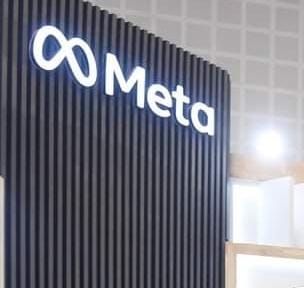The AI act is a flagship legislative initiative with the potential to foster the development and uptake of safe and trustworthy AI across the EU’s single market by both private and public actors…reports Asian Lite News
Following 3-day ‘marathon’ talks, the European Council presidency and the European Parliament’s negotiators have reached a provisional agreement on the proposal on harmonised rules on artificial intelligence (AI), the so-called artificial intelligence act.
The draft regulation aims to ensure that AI systems placed on the European market and used in the EU are safe and respect fundamental rights and EU values. This landmark proposal also aims to stimulate investment and innovation on AI in Europe.
“This is a historical achievement, and a huge milestone towards the future! Today’s agreement effectively addresses a global challenge in a fast-evolving technological environment on a key area for the future of our societies and economies. And in this endeavour, we managed to keep an extremely delicate balance: boosting innovation and uptake of artificial intelligence across Europe whilst fully respecting the fundamental rights of our citizens,” said Carme Artigas, Spanish Secretary of State for Digitalisation and Artificial Intelligence.
The AI act is a flagship legislative initiative with the potential to foster the development and uptake of safe and trustworthy AI across the EU’s single market by both private and public actors. The main idea is to regulate AI based on the latter’s capacity to cause harm to society following a ‘risk-based’ approach: the higher the risk, the stricter the rules. As the first legislative proposal of its kind in the world, it can set a global standard for AI regulation in other jurisdictions, just as the GDPR has done, thus promoting the European approach to tech regulation in the world stage.
The fines for violations of the AI act were set as a percentage of the offending company’s global annual turnover in the previous financial year or a predetermined amount, whichever is higher. This would be 35 million Euros or 7 per cent for violations of the banned AI applications, 15 million Euros or 3 per cent for violations of the AI act’s obligations and 7,5 million Euros or 1,5 per cent for the supply of incorrect information. However, the provisional agreement provides for more proportionate caps on administrative fines for SMEs and start-ups in case of infringements of the provisions of the AI act.
The compromise agreement also makes clear that a natural or legal person may make a complaint to the relevant market surveillance authority concerning non-compliance with the AI act and may expect that such a complaint will be handled in line with the dedicated procedures of that authority.
The provisional agreement provides that the AI act should apply two years after its entry into force, with some exceptions for specific provisions.
Following today’s provisional agreement, work will continue at technical level in the coming weeks to finalise the details of the new regulation. The presidency will submit the compromise text to the member states’ representatives (Coreper) for endorsement once this work has been concluded. (ANI/WAM)
ALSO READ-


